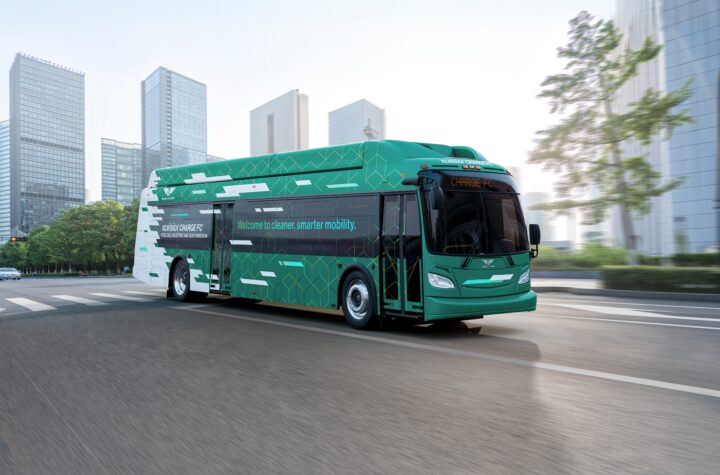
The fourth International Automobiles, Auto Parts and Accessories Exhibition (AAPP) is scheduled from 4 to 6 November 2008 at the Karachi Expo Centre. After the success of three consecutive exhibitions, this show offers even greater exposure and enhanced business opportunities to its participants.
The exhibition will feature a display of products ranging from auto parts, components and accessories, to automobiles and maintenance equipment by the leading local and international companies.
The growing demand of local consumers and the export potential of the foreign markets indicate encouraging prospects for the growth of Pakistan’s automobile industry.
An expansion in the production capacities of the leading auto manufacturing companies in Pakistan has contributed to the growth of this sector, which was over 50% in 2005. The sharp increase in the demand of cars compelled auto assemblers to increase their capacities. Vehicle manufacturers directly employ over 192,000 people with a total investment of over $1.5 billion. The auto policy of Pakistan envisages an investment of Rs. 250 billion in the next five years, which will make the target of 0.5 million cars per annum achievable.
Automotive Industries (AI) interviewed Mr. Aasim A. Siddiqui (AAS), Chairman & Managing Director, and Mr. Aamer Khanzada (AK), Director of Pegasus Consultancy (Pvt) Ltd, regarding the future of the auto industry of Pakistan in light of AAPP 2008.
AI: Tell us about the focus of this year’s AAPP.
AAS:The main focus of AAPP 2008 will be on the auto parts aftermarket and replacement equipment manufacturing (REM), and especially trucking, which is now declared as a separate industry. This year AAPP will have a separate segment showcasing trucks and its spare parts.
AI: What were some of the highlights of the 2007 exhibition?
AAS: AAPP 2007 had the participation of more than 140 companies from 15 countries including China, France, Germany, Japan, Pakistan, Singapore, Sweden, Switzerland, Thailand, Taiwan, U.A.E. and the U.K.
The show was supported by the Board of Investment and the Engineering Development Board of Pakistan and was well attended by more than 7,000 trade professionals.
AI: Do you think the prevailing political situation in Pakistan will impact the AAPP?
AK: The prevailing political situation has not affected the economic activities much in Pakistan, which is evident by the growth of this industry, which is still showing an increasing trend.
AI: How do you think Pakistan’s automotive industry measures up to that in India and China?
AAS: Pakistan’s automotive industry, though growing rapidly, is still in its infant stage, and it would be unfair to compare it with the automotive industries of these two countries. China and India have achieved higher indigenization levels through stable and long-term government policies.
Apart from government protection, the cost of production in China and India give them a competitive advantage when compared to the automobile industry of Pakistan. Lower cost of raw materials (such as iron, steel, copper, and lead), overheads (such as electricity) and inexpensive and abundant labor give China and India the edge over other countries.
However, I would like to highlight that the Government of Pakistan is introducing a new auto policy to ensure production of quality vehicles, and offers incentives to the automobile sector in order to enhance the exports.
AI: What needs to be done to further boost Pakistan’s automotive industry in order for it to be able to compete with India and China?
AK: Pakistan has a long way to go in order for it to be at par with India or China. Both of these countries have a huge domestic demand which brings economies of scale to the manufacturing sector. Pakistan presently is largely an impact market and deletion programs still have a long way to go.
Pakistan is geographically an ideally located region for the foreign manufacturers to invest in this market aiming to supply to the domestic and regional markets i.e. Middle East, African and CIS states. In this regard, the Government of Pakistan has formulated conducive and investment friendly policies for foreign investors, and it also encourages local manufacturers to implement joint ventures with their foreign counterparts.













More Stories
New generation of Donaldson compressed air dryer systems offers enhanced reliability and energy efficiency
Lakshmi Prasad Bhatta on the quest for zero road deaths
Flexible Magna Manufacturing Solutions: The Key to Success in the Automotive Industry